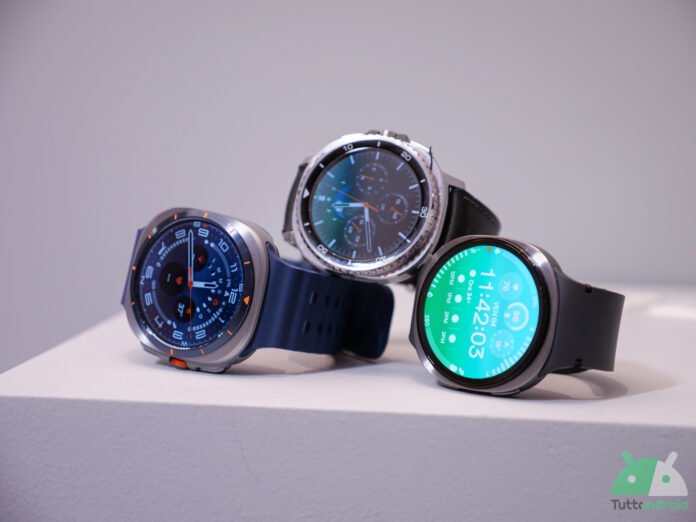There are now many users who rely on smartwatches and smartbands to monitor workouts and health. Some of the most advanced models provide sensors and functions suitable for measuring not only heart rate and SpO2, but also for alerting users to detection of possible irregularities: among these the atrial fibrillation (AFib).
But how reliable they are these findings? A new analysis published on JACC: Advances allows us to know the answer, thanks to a comparison between some of the main brands. Let’s find out together what emerged.
Are smartwatches reliable in detecting atrial fibrillation?
Atrial fibrillation is acardiac arrhythmia among the most widespread in the population (affects over 52.5 million people worldwide as of 2021, with an increase of 137% since 1990), but if not treated adequately it can result dangerous and lead to stroke or various complications. For a few years now, several brands have been marketing smartwatches capable of detect cardiac irregularities such as atrial fibrillation: for example, Galaxy Watch8 uses the Irregular Heart Rhythm Notification (IHRN) function to analyze the heart rate in the background, sending a notification if irregularities are detected.
If this notification is proposed, the advice is clearly to undergo an ECG to examine the condition of the heart more closely. But how reliable they actually are these functions offered by smartwatches? Based on analysis published on JACC: Advancesa well-known online portal for clinical research articles and related to cardiovascular medicine, the models of some of the main brands actually seem very reliable.
A new analysis concerned 26 studies with a total of 17,349 patients to determine how accurately smartwatches can detect atrial fibrillation (AF). As we can see in the infographic below, among the most reliable brands for both sensitivity both for specificity we find Amazfit, Garmin, Samsung and Apple. Both values are important: sensitivity indicates the ability to correctly identify subjects affected by the condition, while specificity indicates the ability to correctly identify healthy subjects (a high specificity essentially lowers the risk of false positives).
- Apple:
- sensitivity: 94%
- specificity: 97%
- Samsung:
- sensitivity: 97%
- specificity: 96%
- Fitbit:
- sensitivity: 66%
- specificity: 79%
- Withings:
- sensitivity: 89%
- specificity: 95%
- Amazfit:
- sensitivity: 99%
- specificity: 99%
- Seiko Epson PWM:
- sensitivity: 98%
- specificity: 91%
- Garmin:
- sensitivity: 97%
- specificity: 98%
The conclusion of the analysis “Accuracy of Smartwatches in the Detection of Atrial Fibrillation: A Systematic Review and Diagnostic Meta-Analysis” by Nelson Barrera (of the City University of New York School of Medicine), is therefore positive: the smartwatches being tested have excellent diagnostic accuracy in detecting atrial fibrillation (AF) and can therefore represent a suitable option for patients.
For further details you can consult the complete study via this link.

